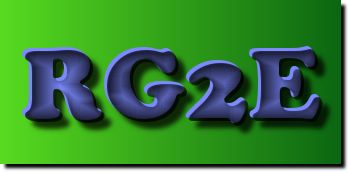 I am continuing with the next installation of my series, Fifteen Minute Break. Today, I want to talk about characters.
I am continuing with the next installation of my series, Fifteen Minute Break. Today, I want to talk about characters.Fifteen minutes is more than enough time to create a character development sheet. A character development sheet is a form used to record the attributes about your characters. It covers everything from physical features to occupation to family, all your characters vitals. Vitals is a good way to think about what's on this sheet.
Think of the vitals taken at doctor visits. The information recorded on the sheet may be very brief but very important. There is no arbitrary questions, not even height and weight (by the way, these are important for medication and dosing). These things give a snapshot of you, the patient and guides the doctor through his decisions.
You're character development sheet does the same thing for your character. They help guild you as the writer to properly develop your characters. You may not have long answers, especially if you're working in fifteen minute increments, but all of the information is important. Let's take the example from above. Your character's height and weight are very important because it will govern how they act and respond to the events in your book. If you have a character who is going to fight the bad guy to the death, you need to make sure he's physically up to the challenge.
Feel free to download my character development sheet or create your own. Take fifteen minutes and fill one in for each character in your book, but minor characters might not need as much work as main characters. Also remember this is just a starting point. As you get into your book, you may realize that some of the attributes that you've given your character actually don't work. That's okay. Make the changes on the sheet as you go.
Creating a character development sheet doesn't only help you shape your character, it can also be used when you begin the editing process. Your character development sheet will remind you that your character's eyes are brown, not blue. It will remind you of any habits that you've given your character and of their personality. By keeping this sheet nearby when your editing, you can ensure that your character stays consistent throughout the whole book.






